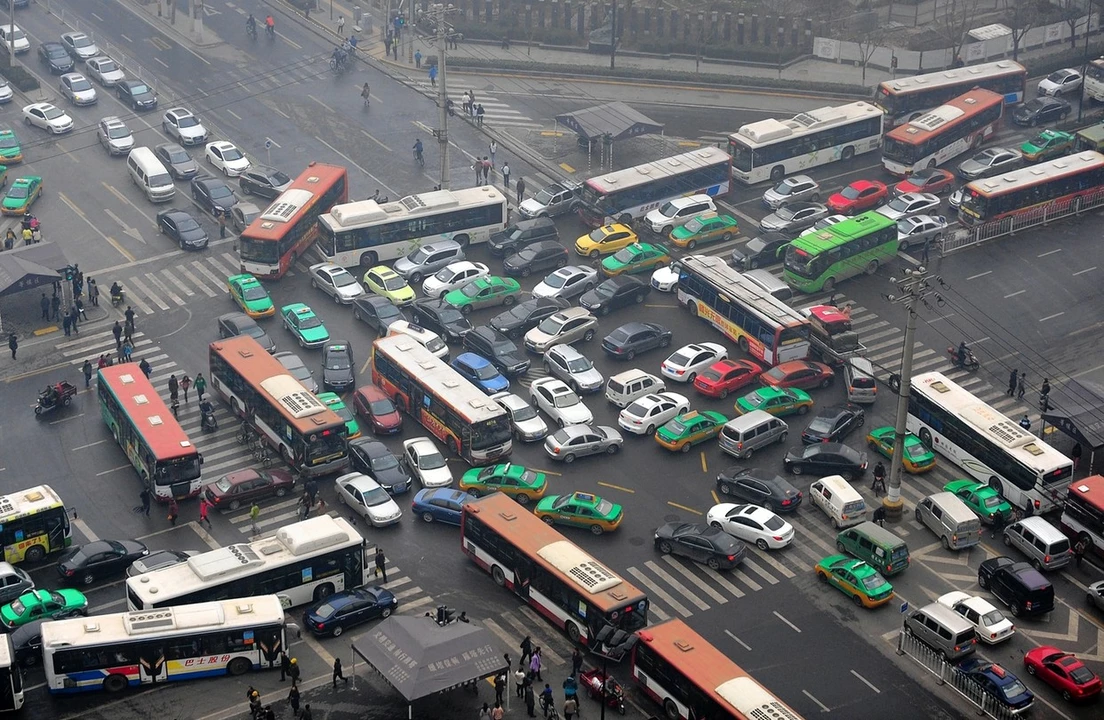Urban Air Quality: Practical Tips to Breathe Better in the City
City air can go from fine to harmful in a few hours. If you live near traffic, construction, or busy industry, small changes can cut your exposure a lot. This page collects clear, useful steps you can use right now and links to deeper guides on asthma inhalers, Ventolin alternatives, and workplace smoking rules.
Start by checking the Air Quality Index (AQI) each morning. Use a weather app or a local government site and watch for numbers above 100 — that's when sensitive people may notice problems. Pay attention to particulate matter (PM2.5) and ozone; both can trigger coughing, wheeze, and sore eyes.
Quick actions for bad air days
Stay inside when AQI is bad. Close windows and doors, and run your air conditioner on recirculate if you have one. Limit vigorous outdoor exercise; walking is fine but avoid running or intense cycling. Use an N95 or similar mask when you must be outdoors for extended periods. Avoid peak traffic times and idling near busy roads — even short exposure near heavy traffic raises your dose.
Improve indoor air with a simple HEPA air purifier in the room where you spend most time. Vacuum with a HEPA-filter vacuum and dust surfaces with a damp cloth so particles don't get airborne. Houseplants help a little but won't replace filtration. When cooking, use a range hood that vents outside or open a window briefly while cooking to reduce smoke and fumes.
When pollution affects your health
If you have asthma, COPD, allergic rhinitis, or heart disease, be ready before bad air arrives. Keep rescue inhalers like Ventolin or Proair handy and know how to use them. Check our guides on over-the-counter asthma inhalers and Ventolin alternatives to understand options and what to ask your doctor. If your workplace allows smoking, ask about policies or a smoke-free area — secondhand smoke worsens city air for everyone.
Talk to your healthcare provider about long-term steps. They may adjust controller medicines, suggest a peak flow meter to monitor breathing, or recommend specialist care. For short-term help during wildfires or pollution spikes, a filtered mask and a portable purifier are the most effective items you can buy quickly.
Finally, small community actions matter. Supporting local anti-idling rules, green spaces, and cleaner transit reduces pollution for everyone. Use simple daily checks, practical indoor fixes, and your medical plan to stay safer when urban air turns bad. Want more specifics? Read our linked articles on asthma care and medication choices to match protection with your health needs.
Quick checklist to keep handy: check AQI each morning, carry an inhaler if prescribed, keep a HEPA filter running in your bedroom, carry an N95 mask and wear it during high pollution or wildfire smoke, avoid heavy traffic routes, reduce indoor sources like scented candles and frying, and speak to your doctor about adjusting medications before a planned outdoor event. Share plans with family and keep kids indoors on bad days.

The impact of traffic congestion on urban air quality
As a city dweller, I've experienced firsthand the impact of traffic congestion on urban air quality. I've noticed that during rush hours, when traffic is at its peak, the air feels heavier and polluted. Studies have shown that the increased number of vehicles on the roads leads to higher emissions of harmful pollutants, such as nitrogen dioxide and particulate matter. This not only affects our health but also contributes to climate change. In my opinion, finding sustainable solutions to reduce traffic congestion is crucial for the well-being of our cities and the planet.
June 2 2023